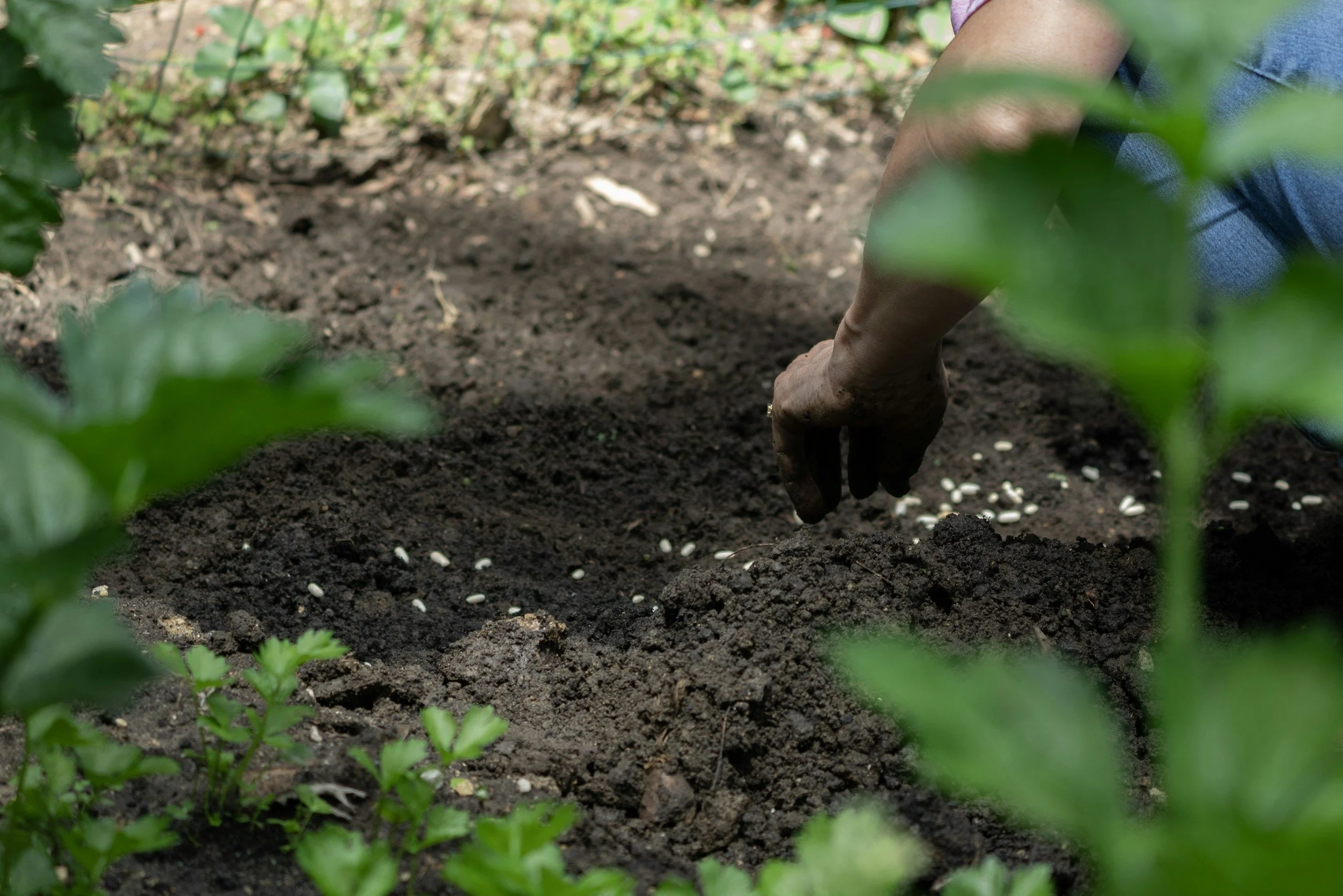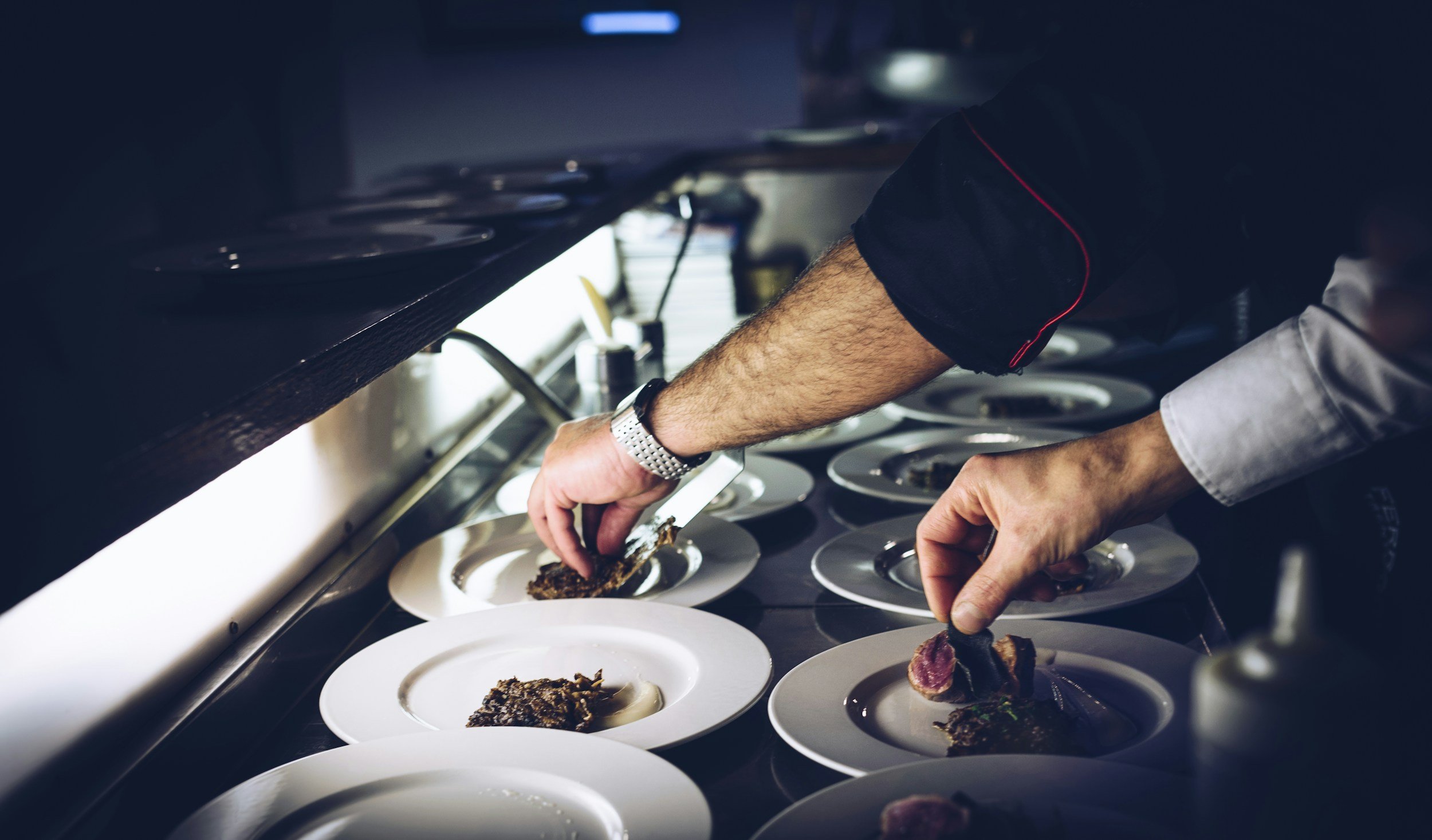Chronic Inflammation: what is it, and how to treat it without drugs
/Updated 07/31/2021
(Part 2 of a 3-part series)
Did you know that many of the foods we eat, foods that have been labeled “healthy,” are actually sources of chronic inflammation? If you consume these foods on a regular basis, they are probably causing you to experience inflammation in ways that you may not have even thought of.
Many people think of inflammation as the body’s instant response to something, but there are different kinds of inflammation. In fact, not all inflammation is bad. It is the body’s normal response to injury, infection, stress, or foreign substances. Inflammation can be a sign that your body is doing what it is supposed to do: using its defense mechanisms the way they were designed to work. If you have experienced a sudden onset of redness, pain, warmth, or swelling in your body after eating or drinking something, or for no apparent reason, you have experienced inflammation. Most people have this experience some time in their lives.
Food allergies are acute and cause inflammatory responses in the body. Sometimes these can be lethal, as in the case of anaphylaxic shock. Anaphylaxis comes on rapidly and usually causes multiple symptoms like an itchy skin rash, swelling in the tongue or throat, and shortness of breath.
Food sensitivities also bring on inflammatory reactions in the body, but the body is slower in its response to these sensitivities than in the case of food allergies. Symptoms like chest discomfort and joint may not be a sign of heart disease, but a sign of food sensitivity. Working closely with a nutritionist and/or undergoing genetic testing can help diagnose these kinds of sensitivities.
There is another kind of inflammation that is dangerous in the long-term, and that you have likely already experienced, especially if you are an adult (though babies and children can also suffer from it), and you are eating a typical Western diet: consuming processed foods, dairy, meat, and/or trans fats on a daily basis. These foods cause chronic inflammation, which will eventually kill you. In fact, if you live long enough, it’s likely that chronic inflammation will lead to a life-threatening disease.
Even if you don’t eat these foods, you may still suffer from chronic inflammation if you experience stress or are sleep-deprived on a regular basis.
But is chronic inflammation inevitable?
I believe that our bodies were not meant to suffer chronic disease, even in old age. We were meant to be healthy. We were born with the innate ability to heal ourselves from diseases, even life-threatening ones. However, our modern diet and lifestyle have made chronic inflammation a likelihood, rather than a distant possibility, at least for most of us.
There is a way to minimize your chances of suffering chronic inflammation and the life-threatening diseases that may accompany it. Maybe you are already experiencing chronic inflammation in the form of joint pain or arthritis, eczema or psoriasis, mental fogginess, hypertension (high blood pressure), or colitis (inflammation of the colon).
Photo credit: beigeinside via Visual hunt / CC BY-NC-SA
Taking medication won’t solve the problem; it will only temporarily ease the symptoms. The past 40 or so years of scientific research have already demonstrated this to be true. Treating diseases of the diet with drugs and surgery just doesn’t work (except in the most severe cases). Without changing your diet to eliminate or drastically reduce the consumption of inflammation-causing foods, the end result will always be the same.
The bottom line is this: making some key changes to your diet and lifestyle will reverse the short-term and long-term effects of chronic inflammation.
The people who live the longest lives, without chronic inflammation, tend to eat a diet that consists mainly of grains, legumes, and vegetables, with no dairy and very little meat, sugar, or processed foods.
They also tend to take time out every day to mentally reorient themselves. You can reset your brain by taking a 20-minute power nap, or just spending 10 minutes in silent contemplation or meditation, with no distractions. Do this daily.
There are a few other lifestyle changes you can make that I have written about in an earlier blog post on cancer.
Making dietary changes may be more of a challenge for people who have had unhealthy eating habits for most of their lives. Not everyone can pursue a Whole 30 or Paleo diet, which can restore normal digestive function. In any case, pursuing diets like these may not always bring about balance in the digestive tract.
For most of us living in the West (or those of us living outside the West but eating a diet that essentially mirrors what people in the West tend to eat), who are not already pursuing a vegan lifestyle, making the switch to a different kind of diet than the one you are used to may seem impossible, or otherwise undesirable.
I firmly believe that, in the absence of a dire need to immediately and drastically change your diet, making small changes, over time, is the best way to eliminate bad dietary habits, adopt good ones, and improve your health in the short and long term.
Unless you are already suffering one of the end-diseases of chronic inflammation (such as cancer, diabetes, or heart disease), you can begin by increasing your consumption of key foods that fight inflammation: whole grains, fish that is high in omega 3s, seaweed (especially real kelp bought fresh), whole fruits and veggies, shitake mushrooms, olive oil, coconut oil, avocado oil, macadamia nut oil, organic herbal tea, tulsi tea, turmeric, ginger, and rosemary.
Photo via Visual Hunt
As much as you can, cut down a little each week on the inflammation-causing foods until you have virtually eliminated them from your diet: first and foremost is sugar, the #1 cause of inflammation (especially refined white sugar, aka corn syrup, dextrose, fructose, maltose, and sucrose). You can read one woman’s story about what happened when she stopped eating sugar here.
The list of other inflammation-causing foods is long, but here is a short list of the most common ones: grapeseed, cottonseed, safflower, sunflower, and corn oils, which don’t’ have good omega 6 to omega 3 ratios, are highly processed, and are genetically modified; trans-fats, which increase LDL (bad cholesterol) and oxidize it, which in turn creates plaque in the blood vessels and lowers HDLs (good cholesterol). These include partially hydrogenated oils. Artificial food additives (msg, aspartame) are especially bad, as the body considers them to be foreign invaders and consequently triggers an inflammatory response to their presence in your system. Cured meats and red meats are also on this list, and as science has amply demonstrated, the links between processed meats and cancer are very strong. Refined grains also make this list (although I am beginning to wonder about the general belief that all white rice is unhealthy: in fact, there have been several reports and studies that show that this is not necessarily true. While white rice is more processed than brown rice, it is usuallyt enriched with nutrients. Athletes (including weightlifters) regularly consume white rice because compared with brown rice, it provides a more reliable supply of carbs to help with muscle glycogen synthesis (i.e. it helps replenish what has been used up during strenuous athletic performance).
Finally, there are things you may have trouble always avoiding, such as pollutants, pesticides, harmful particles in the air, and secondhand smoke. These can also trigger the body’s inflammatory response, although maintaining a healthy gastrointestinal tract helps to counteract the negative effects of these toxic chemicals.
One other method of treating chronic inflammation is using dietary enzymes. Digestive enzyme supplements have come a long way since they first came on the market. A good digestive enzyme is broad-spectrum, with the ability to break down the different nutrients found in food. It is also able to survive the onslaught of your stomach acid. If enzymes are destroyed in your stomach before they’re able to do their work, they’re not helping. Fungi-derived enzymes seem to be the best choice in terms of their stability and their ability to survive in pH-acid or pH-alkaline environments.
Personally, I suffered for years from inflammation brought on by digestive problems, which I eventually eliminated with the help of diet and enzymes, after trying Traditional Chinese Medicine in the US and Ayurvedic treatments in India. Both TCM and Ayurveda were successful in treating the most acute symptoms, but ultimately, they were temporary solutions. It was only after making some key changes to my diet and reinforcing these changes with digestive enzyme therapy, acupuncture, and TCM that I eliminated the worst of the problems.
Next week’s post features guest blogger Amy Trotter, who will be revealing some green and healthy ways to boost your energy without caffeine.
Would you like to receive access to my library of downloadable Free Resources for green living/healthy lifestyles? Click the button below to see a few samples of what’s in the library, and then subscribe.
Like this? Please pin!









































